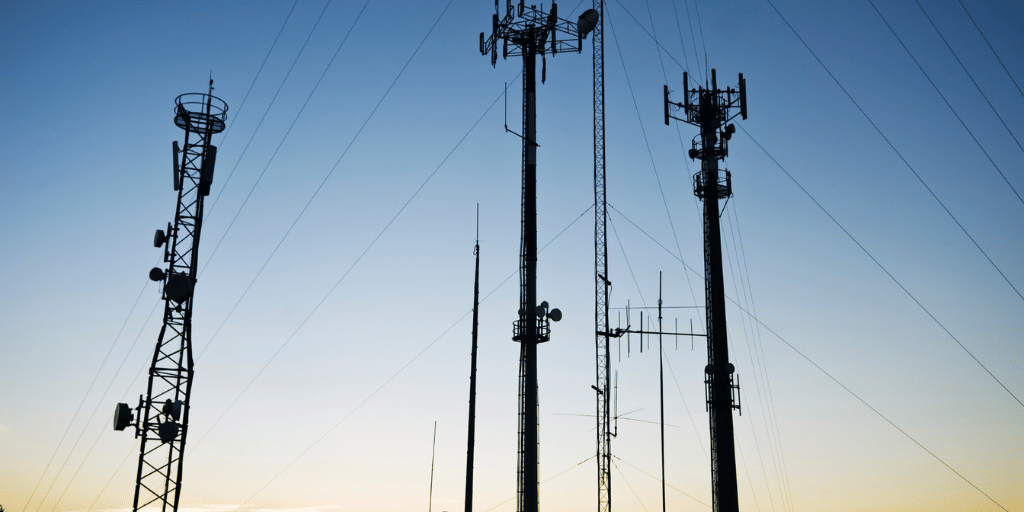
Vodafone x Three merger – what does it mean and why is it important?
14 Jul, 20234 minsIn June, Vodafone and Three UK announced plans to merge their UK-based operations. The ...

In June, Vodafone and Three UK announced plans to merge their UK-based operations. The £15bn deal, cited by experts to be the ‘biggest shake-up in the UK mobile market for over a decade’, will create one of Europe’s largest operators, with 27 million customers and more than 11,500 staff.
Understandably, a deal of this size could have a significant impact on the telecoms industry, not only in terms of technological progress but also on consumers and the state of the job market.
The deal has yet to make it through regulatory hoops and if it were to be successful, there are several potential implications.
Increased connectivity
As with most industries, a merger of two big firms tends to spell out a big injection of funds. Simply put, more money generally translates as increased development. The combined business is aiming to invest £11 billion in the UK over 10 years to create Europe’s most advanced standalone 5G networks.
There are still large swathes of the UK falling behind on connectivity and it is hoped that a move like this would send any current plans into fast forward – accelerating the 5G rollout and future 6G mobile deployments. According to Vodafone, the combined business will offer fixed wireless access to 82 per cent of households by 2030.
And it’s not only individuals that are hoping to benefit - an improved network will also bolster the digital transformation of the entire UK business community which is Vodafone claims will deliver up to £5 billion per year in economic benefit by 2034.
Stimulating competition
With the presence another larger operator in the market it will be interesting to see how competitors respond. Some may be tempted to follow, upping their offering in order to remain competitive. Whilst others will no doubt be looking to take advantage of their newly unique mobility to outmanoeuvre the behemoth on price and flexibility.
New levels of competition have the potential to lead to better prices and deals for everyone – though there is, of course, no guarantee of that. Friendly rivalry will, however, likely help to propel further network progression as firms race to remain in the driving seat of innovation.
With ‘great power comes great responsibility’
Whilst the involved parties cite that the deal will immediately lead to a “better network experience with greater coverage and reliability at no extra cost, including through certain flexible, contract-free offers with no annual price increases, and social tariffs”, not everyone is convinced. After all, with ‘great power comes great responsibility’ – if the pair do decide to price hike – the reality is that people will simply have to accept it.
There are also many swirling questions about job losses. Despite Vodafone providing reassurance that there will not be increased redundancies, it seems an unlikely and unrealistic guarantee. The nature of a move like this generates a duplication of staff, so whether the group will be financially able, or willing, to keep their promise, the threat of redundancies will remain at the forefront of concerns for some time to come.
However, on the flip side of the coin, for the sake of the UK’s connectivity plans, new moves like this can only be seen as positive. Particularly if the country is to have any hope of catching up with its European counterparts. And if the merger’s development promises do come to fruition, increasing numbers of highly skilled network engineers will be needed to put these plans into action, which is good news for the industry job market.
A lot of talk about nothing…
However, the deal still hasn’t been fully approved, and if history is anything to go by, the odds are not particularly favourable. Ofcom and the Competition and Markets Authority (CMA) tend to dislike big mobile-only mergers due, in part, to a concern that reducing the number of primary mobile operators might result in higher prices for consumers. In 2016, for example, Three’s attempt to take over O2 was blocked over price concerns. Only time will tell whether the Vodafone x Three deal will suffer the same fate, so watch this space.
Fancy helping to boost the UK connectivity? Check out our roles today.



